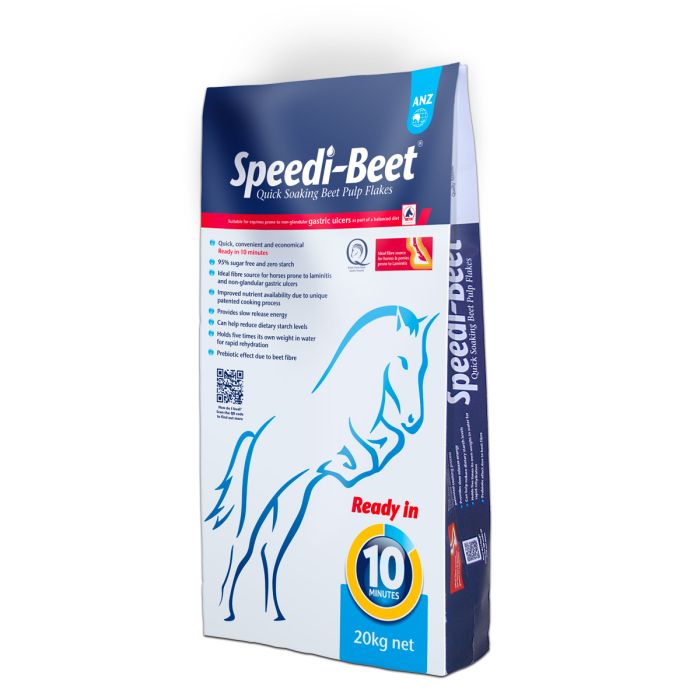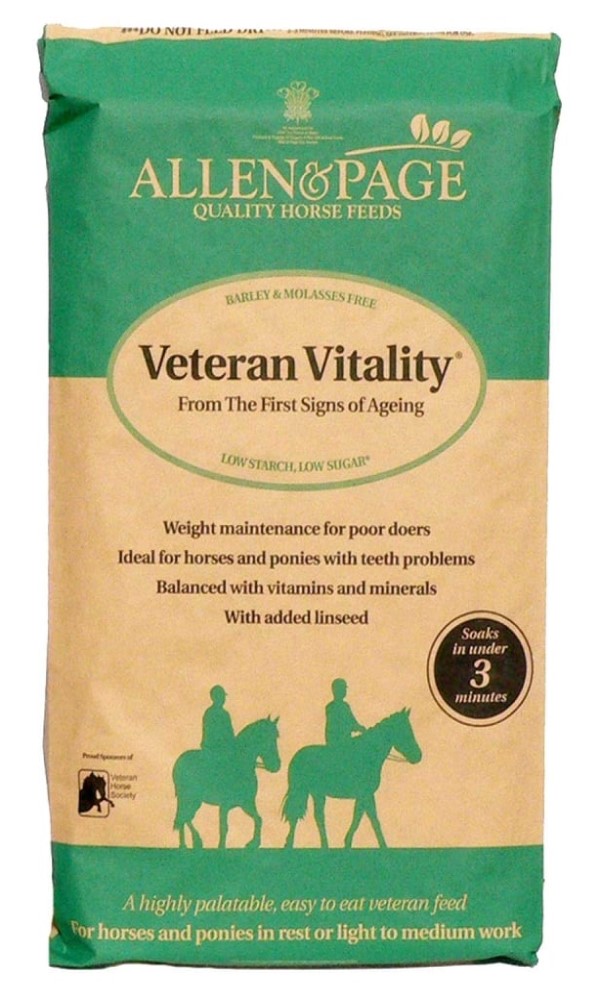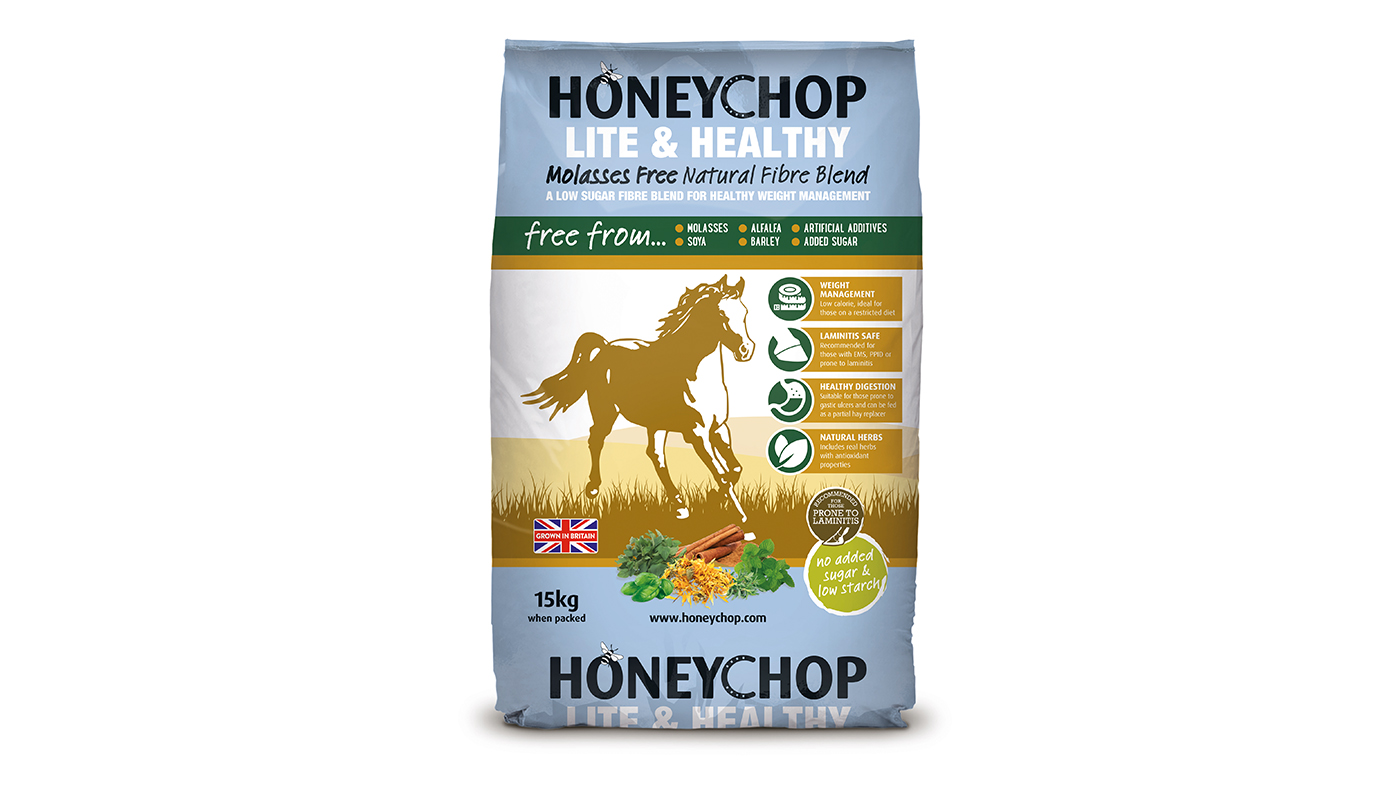Molasses in Horse Feeds: Benefits and Risks

Molasses is a common additive in horse feeds, valued for its palatability and energy content. However, like any feed component, it has both advantages and potential drawbacks. This article explores the benefits and risks of using molasses in horse diets, helping horse owners make informed feeding decisions.
What is Molasses?

Molasses is a thick, dark syrup produced during the sugar extraction process from sugarcane or sugar beets. It contains sugars, minerals, and vitamins, making it a popular ingredient in animal feeds.
Benefits of Molasses in Horse Feeds

| Benefit | Explanation |
|---|---|
| Improved Palatability | Molasses enhances the taste of feed, encouraging horses to eat more, especially picky eaters. |
| Energy Source | Rich in sugars, molasses provides a quick energy boost, beneficial for working or performance horses. |
| Dust Control | Adding molasses to dry feeds reduces dust, which can help prevent respiratory issues. |
| Binding Agent | Molasses helps bind feed ingredients together, improving feed texture and reducing waste. |
| Mineral Content | Contains essential minerals like calcium, potassium, and iron, contributing to nutritional balance. |
Risks and Considerations
- High Sugar Content: Excessive molasses can lead to weight gain, insulin resistance, or laminitis in susceptible horses.
- Dental Health: Sticky molasses may contribute to dental issues if oral hygiene is poor.
- Allergic Reactions: Some horses may be sensitive or allergic to molasses.
- Overfeeding Risks: Over-reliance on molasses can unbalance the diet, reducing intake of other essential nutrients.
How to Use Molasses Safely
- Introduce molasses gradually to monitor tolerance.
- Limit molasses to recommended amounts (usually less than 10% of total feed).
- Combine with a balanced diet rich in fiber and essential nutrients.
- Consult with a veterinarian or equine nutritionist for personalized advice.
Frequently Asked Questions (FAQ)
Q1: Can molasses replace grains in horse feed?
A1: No, molasses is primarily a sugar source and lacks the protein and fiber found in grains.
Q2: Is molasses suitable for all horses?
A2: Horses with metabolic issues or laminitis should avoid high molasses diets.
Q3: How much molasses is safe to feed?
A3: Typically, molasses should not exceed 10% of the total feed ration.
Q4: Does molasses help with hydration?
A4: Molasses does not directly hydrate but can encourage water intake due to improved palatability.
Conclusion
Molasses can be a beneficial addition to horse feeds when used appropriately, enhancing taste and providing energy. However, careful management is essential to avoid health risks. Always tailor feeding practices to your horse’s individual needs and consult professionals when in doubt.
